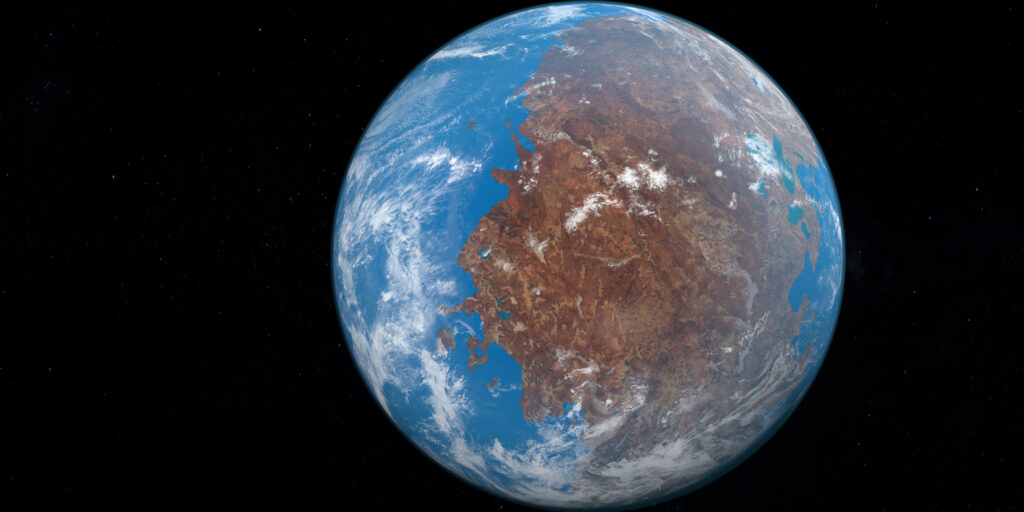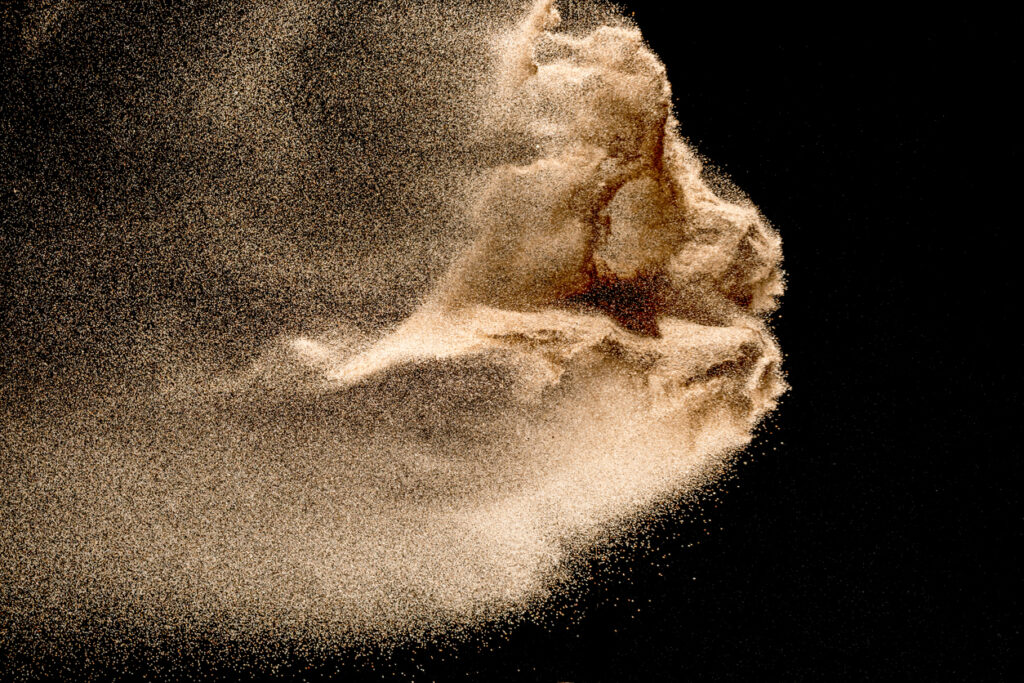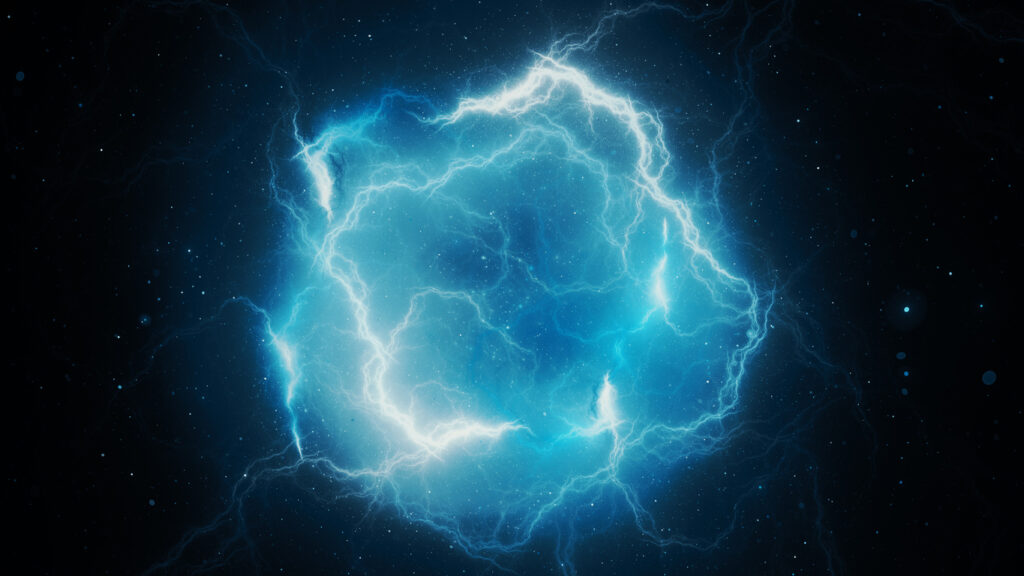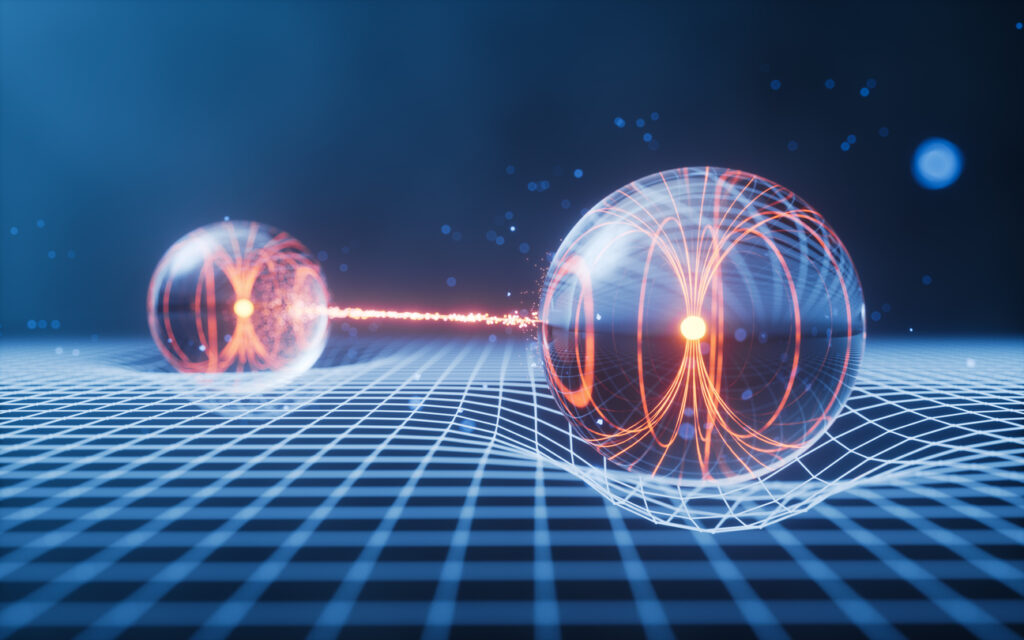
How did life begin on Earth? It’s one of those questions that sounds simple, but only gets more mind-bending the deeper you dig. While some theories are grounded in chemistry and biology, others start to feel like plotlines from a sci-fi series—or fever dreams. And yet, all of them have been seriously explored by scientists at some point. Here are some theories about the origins of life that start off intriguing… and end up absolutely bizarre the more you look into them.
The primordial soup theory
This one’s the textbook classic. The idea is that Earth’s early oceans were a chemical stew—full of amino acids, simple molecules, and energy from lightning or volcanoes—just waiting for the right combo to spark life. It sounds neat and tidy until you start wondering how non-living matter made the leap into something that could reproduce. Like, when did a bunch of floating chemicals go, “I think I’ll become a cell now”?
Hydrothermal vent theory
This one moves the scene underwater—to deep-sea vents that pump out hot, mineral-rich fluids. Some scientists think the conditions there were just right to cook up the first life forms, safe from the chaotic surface conditions of early Earth. What makes this weirder is imagining life starting in a place with no sunlight, just heat and chemicals bubbling out of cracks in the ocean floor. It’s not exactly the romantic origin story you expect, but it’s weirdly plausible.
Panspermia
What if life didn’t start on Earth at all? That’s the idea behind panspermia—the theory that life came here via comets, meteors, or even dust carrying microscopic organisms from somewhere else in the universe. This doesn’t explain how life began—just relocates the mystery to another corner of space. But still, the thought that your great-great-grandcell might’ve hitched a ride on a chunk of space rock is pretty wild.

The clay hypothesis
This theory suggests that life started on clay. Yes, actual clay. Certain clays have structures that can trap and organise molecules in ways that might’ve helped early life form. They may have acted as scaffolding for organic chemistry to take off. The weird bit? If true, life didn’t start in water or space—it started in mud. Not exactly a poetic beginning, but oddly fitting when you think about how much dirt life has had to crawl through ever since.
Deep-freeze theory
This one argues that life may have started in ice, not heat. In early Earth’s cold conditions, ice might have trapped molecules and allowed slow, stable reactions to occur that eventually built the building blocks of life. So, picture the first life forms not bubbling up in volcanic heat, but quietly forming in the slush of a global icebox. It’s an idea that turns everything we thought we knew on its head.

Electric spark theory
This is the lightning bolt moment—literally. The idea is that electrical sparks (from lightning storms) hitting Earth’s early atmosphere could have triggered the formation of amino acids and other basic organic molecules. The image is dramatic: storms raging across a barren world, and somewhere in the chaos, a tiny spark gives rise to life. It’s cinematic and chaotic—and still doesn’t quite explain what happened next.
Lipid world hypothesis
Before DNA, before even proteins, there might have been lipids—fatty acids that naturally form bubble-like structures in water. These early membranes could have helped enclose and protect the first reactions that led to living cells. What makes it strange is the implication that fat, not DNA, was the real MVP of early evolution. Forget double helixes—the first key to life might’ve just been a glorified bubble bath.
RNA world hypothesis
This one has a lot of supporters. RNA, a cousin of DNA, can store genetic info and act like an enzyme. Some scientists think early life relied on RNA before DNA and proteins took over. It’s fascinating until you start asking how complex RNA molecules popped up out of nowhere. It’s like walking into a cave and finding a USB stick just lying there. Who made that? And how?
Directed panspermia
Like panspermia, but with a twist: someone sent life here on purpose. That’s right—this theory suggests an intelligent alien civilisation seeded Earth with microbes to jumpstart life. Not a prank, apparently. A project. It’s full conspiracy-sounding, but even famous scientists like Francis Crick (who co-discovered DNA) considered it. If true, we’re the ultimate science experiment—and someone out there is still watching the results.
The iron-sulphur world theory
According to this theory, life might’ve started on the surface of iron and sulphur-rich minerals found near hydrothermal vents. The chemical reactions between these minerals and hot gases could have sparked the beginnings of metabolism. The weirdest part of it is, life didn’t begin in a soup or a bubble—it started on a rock that basically cooked itself into complexity. It’s gritty, it’s grimy, and weirdly scientific.
Cosmic ancestry
Taking things a step further, this theory claims that life—or at least the ability to create life—is built into the universe itself. Life didn’t evolve from non-life. It’s always existed, moving from planet to planet across the stars. It’s less science and more existential crisis. Because if life has always existed… where did it start? And why does it keep trying to reboot itself on every available rock?

Quantum biology theory
Now we’re getting seriously weird. This theory explores whether quantum mechanics—yes, the mind-bending rules that govern particles—played a role in the formation of life. Things like tunnelling and entanglement might have helped life emerge in ways we still don’t fully grasp. It’s all very science-meets-magic. And while the maths checks out in some places, you kind of need a physics degree (and a strong cup of tea) just to understand the basics.
Simulation hypothesis
Not technically a biological origin theory—but it’s too strange to leave out. What if life didn’t “begin” at all? What if we’re living in a simulation, and everything from the Big Bang to bacteria was programmed by… someone? It’s both terrifying and oddly comforting. On the one hand, none of this is real. On the other, maybe that means we’re part of something bigger, some elaborate story playing out on an alien hard drive. Either way, it’s weird.